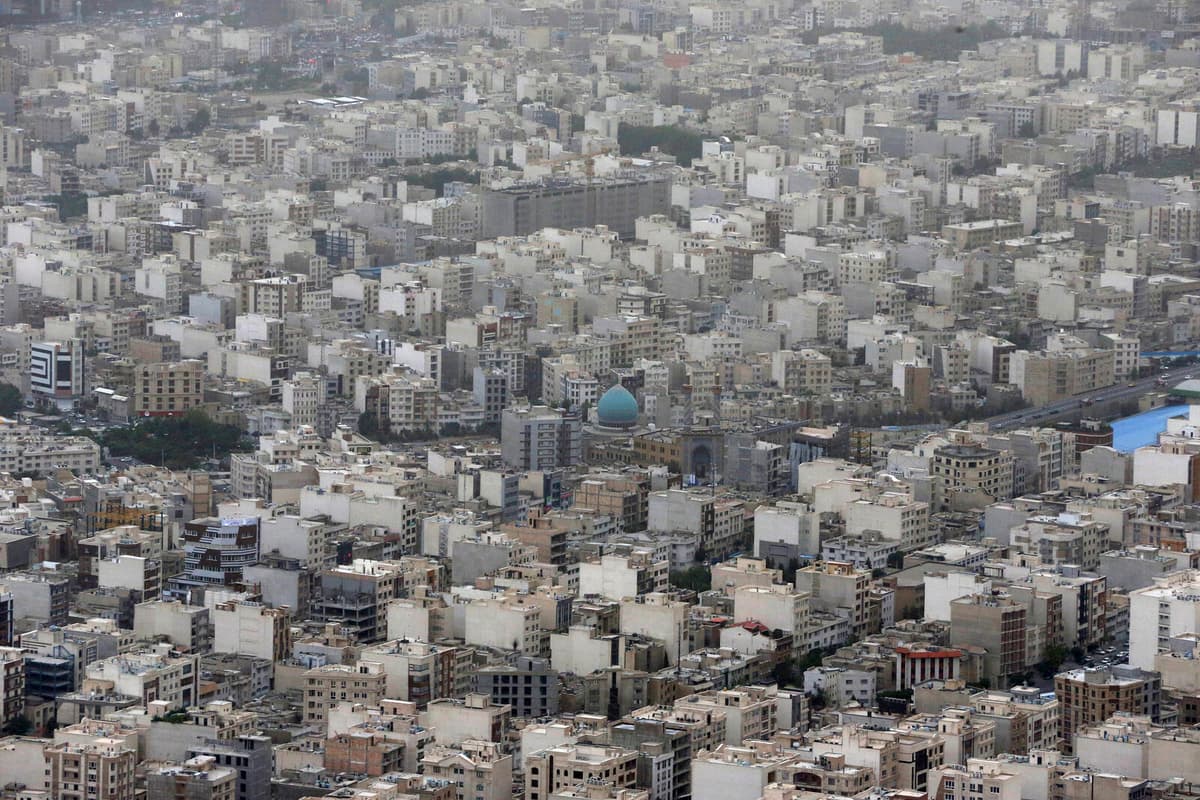An armed person attacked the court's headquarters on Saturday morning, according to unverified reports from the Iranian judiciary's own news agency Mizan and other state-controlled media. The perpetrator is described as a "terrorist" and is said to have later taken their own life.
Another person is said to have been injured, according to Iranian sources. There are still no independent descriptions of the course of events.
At present, there is no official Iranian image of what the perpetrator in Tehran may have had as a motive. Mizan writes that he was not part of any ongoing case at the court. In some quarters, he is referred to as an "infiltrator".
Described as brave
President Masoud Pezeshkian urges the Iranian authorities to act quickly.
"I strongly urge the security forces and law enforcement agencies to take necessary measures as soon as possible to investigate the dimensions and angles of this heinous act and identify its perpetrators," he says in a statement.
The two deceased, Ali Razini and Mohammad Moghisseh, are described as two "brave and revolutionary" judges.
Both have been pointed out by exiled Iranian activist groups as key figures in the Iranian so-called revolutionary courts' long-term oppression and punishment of dissidents – including large-scale executions.
Moghisseh, also known by the alias "Naserian", was the closest chief to Hamid Noury, who was convicted of gross human rights violations and murder in Sweden in the summer of 2022. They worked together in prisons in Tehran in the late 1980s, where it has been established that Noury was involved in extrajudicial executions of hundreds of people.
Thousands executed
Hamid Noury was sentenced to life imprisonment in Sweden, but was allowed to return to Iran last summer in a highly publicized prisoner exchange.
The other judge, Razini, is said to have been part of one of the so-called death committees that ordered the executions of hundreds of prisoners in Iranian prisons in 1988. He was the target of an assassination attempt in 1999.
Human rights organizations estimate that up to 5,000 people were killed in mass executions in Iran in the summer of 1988. They are believed to have been ordered by the country's then-highest leader, Ayatollah Ruhollah Khomeini. He wanted to crush all opposition and especially the organization People's Mujahedin, which had allied itself with Iraq in the ongoing war between the neighboring countries.
Hamid Noury was convicted in 2022 by the Stockholm District Court to life imprisonment for involvement in the executions of thousands of political prisoners in an Iranian prison in 1988. The Svea Court of Appeal upheld the verdict in December 2023.
Noury was lured to Sweden in 2019 and arrested at Arlanda. According to the indictment, he had selected prisoners who would be brought before a committee that decided who would be executed, read out the names of those who would be executed, and escorted them to the execution room. He is also said to have personally participated in the executions on one or more occasions.
The case was one of the largest of its kind in Sweden. Approximately 70 plaintiffs from different parts of the world were heard in connection with the trial.
In the summer of 2024, the Swedish government reached an agreement with Iran on an exchange. Hamid Noury was allowed to return to Iran, which in return released the imprisoned Swedish citizens Johan Floderus and Saeed Azizi.






